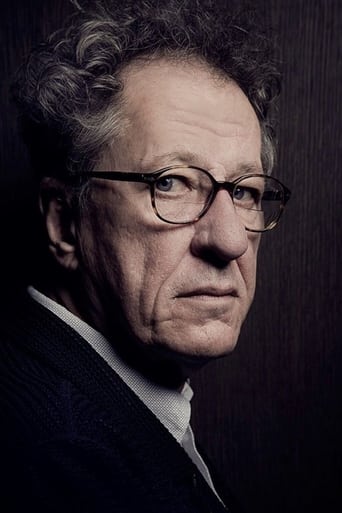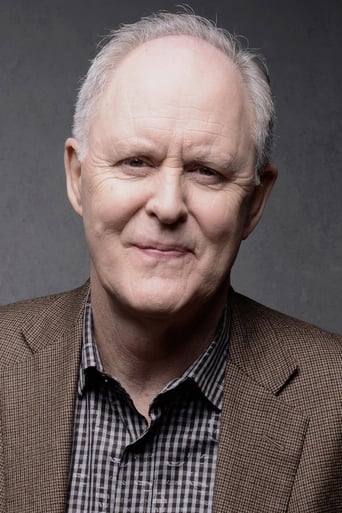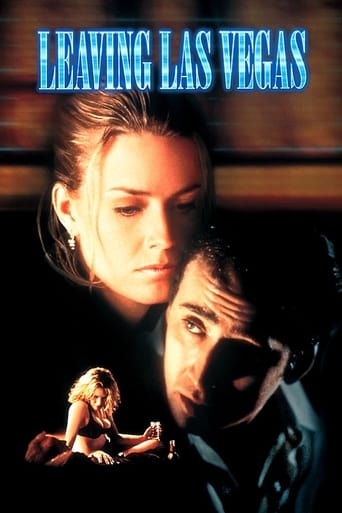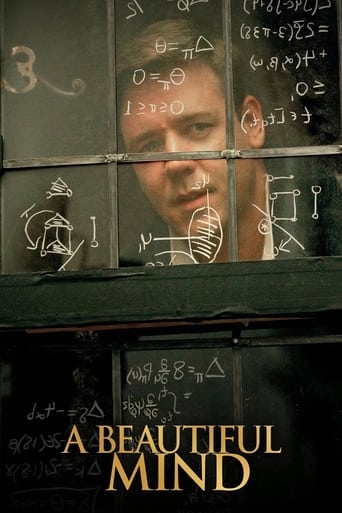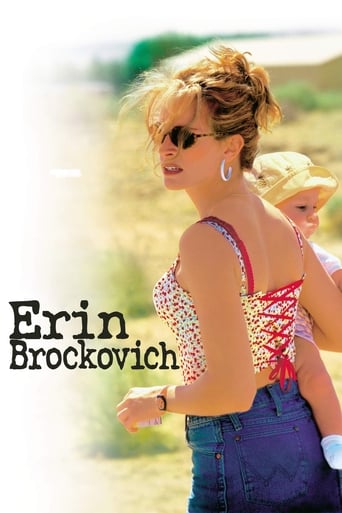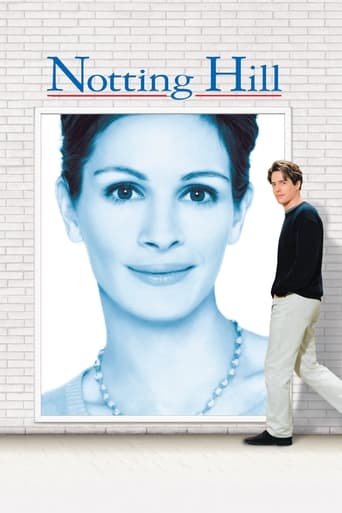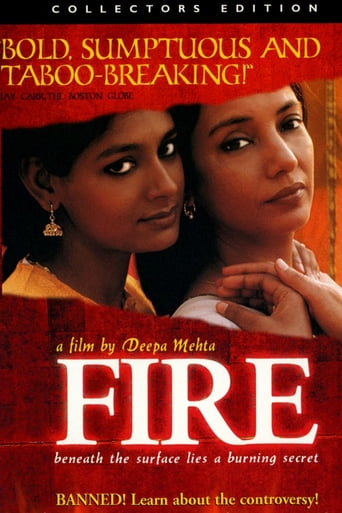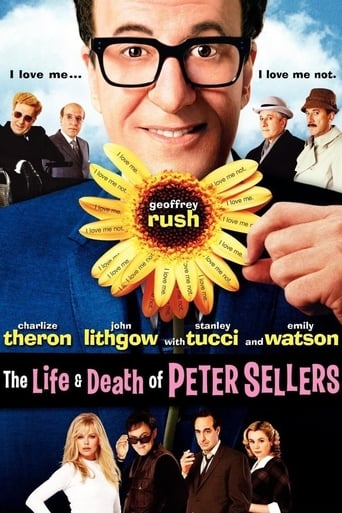
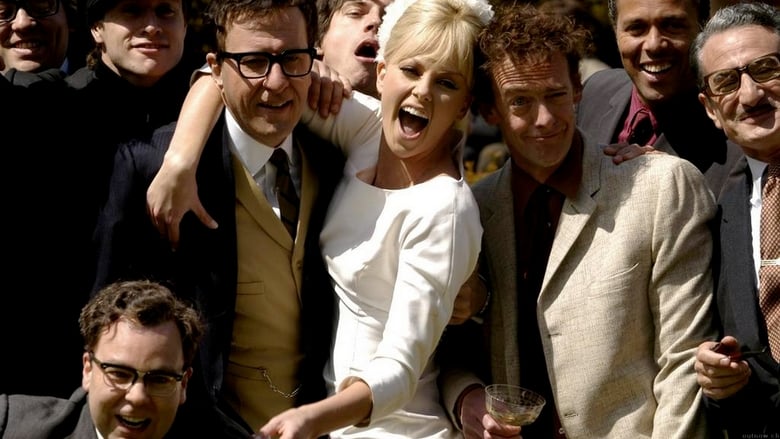
The Life and Death of Peter Sellers (2004)
The turbulent personal and professional life of actor Peter Sellers (1925-1980), from his beginnings as a comic performer on BBC Radio to his huge success as one of the greatest film comedians of all time; an obsessive artist so dedicated to his work that neglected his loved ones and sacrificed part of his own personality to convincingly create that of his many memorable characters.
Watch Trailer
Cast


Similar titles
Reviews
Peter Sellers was a one-of-a-kind talent, so it's amazing how well Geoffrey Rush captures that magic. His recreations of chunks of Sellers performances are incredible, and he completely inhabits the character.From the movie, Sellers is not the greatest guy. He has a terrible temper, he can be petty, he cheats on his wife, and he lashes out at pretty much everyone. I've read that one of his friends felt the movie failed to capture his charm, while an ex-wife said the movie portrayed him as flawed but charming as opposed to just awful in every way. I don't know where the truth lies, although Wikipedia lists some really awful things that don't make the movie.It's interesting to see the craziness, neediness, and obsessive perfectionism of Sellers, but the movie can be a bit too gimmicky, breaking the fourth wall in a way that takes away more than it adds. I wouldn't say it's a great movie - it's really little more than a series of incidents over the years - but it's consistently engrossing and has a terrific score that includes great performances by Charlize Theron and Emily Watson.
One of the finest actors life brought to life by a superb actor.Peter Sellers, one of the iconic actors and who in his time was one of the finest actors, makes us see his other side of life. Of course, acting is a intricate part of him. Rather, we are made to see Peter Sellers up close and personal by Geoffrey Rush, a fine actor in his own right and after seeing his portrayal of sellers, I am now ranking Rush higher than many of his contemporaries. Peter Sellers is portrayed to be eccentric, introvert and fascinated by women he likes. He has by-far stretched to reach out to those he liked rather than loved. And moreover, he is made to be superstitious with hallucinations of a foreteller, coming and telling him what he must be doing next. His relationship with Blake Edwards, with whom he made a series of Pink Panther movies seems to began as letters B E are read out to be initials of his next parter by the foreteller. He believes that and makes another B E (Britt Ekland) as his partner. Such interesting things have made this biographical movie it quite an interesting ride and yes Geoffrey Rush made me sit and observe every nuance of his and at times clap for him too. I must say, Rush played Peter Sellers better than anybody could have done. Having said about the actor, now I was wondering how on earth did Stephen Hopkins who is an action movie director, courtesy PREDATOR 2, lap this up and did such a fine job. Ah, I must rather credit Roger Lewis who wrote the book, and also Chris Markus and Stephen McFeely for having written a teleplay with same name. The other departments did their job pretty well, but I would have loved more had Mr.Sellers passion to what his real thing is was shown, this movie is diabolical in a way coz it shows Sellers as one such Diabolique who just throws away what he loves, from his love to his wife to his passion for movies. I saw this movie twice just for the acting of Rush and indeed it's such an interesting fine film that I would love to see it again with friends some day. I am going with 4/5 for an interesting biography of one of the finest actors ever to be seen.
This film is about the private life and public life of the famous film actor, Peter Sellers.Geoffrey Rush does a good job impersonating Peter Sellers. It's a challenging role, as it requires him to take up the identity of Pete Sellers and also Peter Sellers' film roles. I am particularly impressed by the scene on the plane, where he acts like the detective from Pink Panther. It is also interesting that "The Life and Death of Peter Sellers" portrays him as a rather unsympathetic, rude, impulsive and emotionally labile person. There is no sugar coating to make him glamorous. Peter Sellers' character portrayal is very good. It makes me dislike this character for his tyrannical ways, and for him throwing his life away through irresponsible choices.
As everybody knows, Peter Sellers was mad as a bag of "minkeys". He once phoned a friend because he didn't know where he was (he was at home). In standard muckraking fashion, this hugely entertaining biopic approaches its subject with a transparent mix of sympathy and barely disguised salacity, like a Harley Street shrink with a hotline to Piers Morgan.Thus, among other horrors, we find Sellers (Rush, in a powerhouse performance) calmly announcing to his wife and children that he's having an affair with a certain Italian co-star. "Do you still love me, daddy?" asks sad little Sarah Sellers. "Of course I do, darling," comes the tender reply. "Just not as much as I love Sophia Loren!" The 1994 biography by Roger Lewis is the basis for this image of the comic genius as monstrous and selfish, and that's where the filmmakers have taken their cues from. Sellers, as his friends have been quick to point out, had his good days too but hey, who cares when extreme dysfunction can be this (horribly) funny? Rush, the essence (and likeness, achieved through hours in make-up) of the man, is wonderfully supported by a glamorous roster of British and Stateside talent, including Fry as 'psychic-to-the-stars' Maurice Woodruff, who'd take baksheesh from directors looking to influence Sellers' career choices, via uncommonly succinct messages from the Other Side (or "Hollywood", as it's better known). Thus we find Woodruff advising his client that the initials "BE" hold much store for his future happiness (he immediately married a surprised Britt Ekland - Blake Edwards lost out that time).There's much to admire here; from the Pink Panther-style titles (a franchise, incidentally, he initially rejected, then grew to loathe: "Sounds like a bloody strip joint for poofters", he'd tell his agent, miffed at being offered Peter Ustinov's cast-offs), to many well-staged, clever in-jokes, revolving around his films and directors, like Stanley Kubrick (a laconic Tucci).If there's a gripe, the story only takes off after the 'Goon Show', the radio programme where Sellers did some of his best work. As Bluebottle would undoubtedly say: "You rotten swines, you!"


